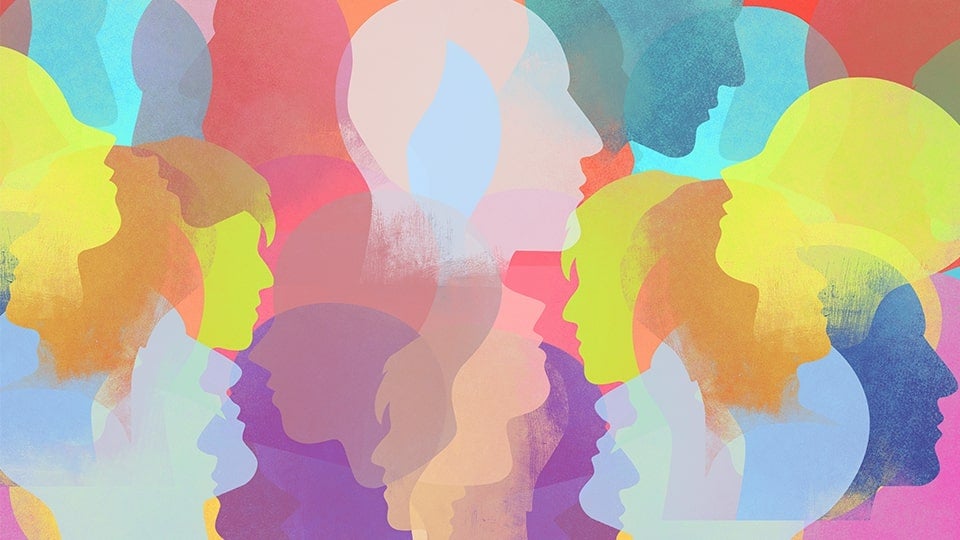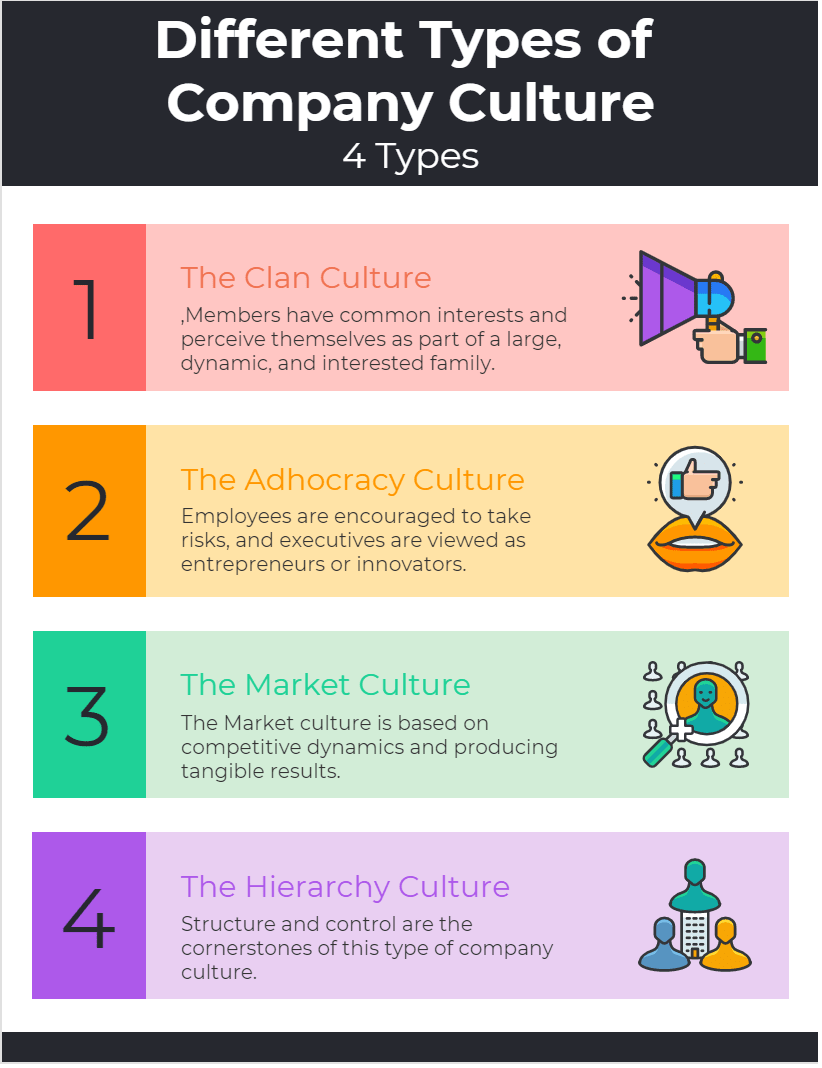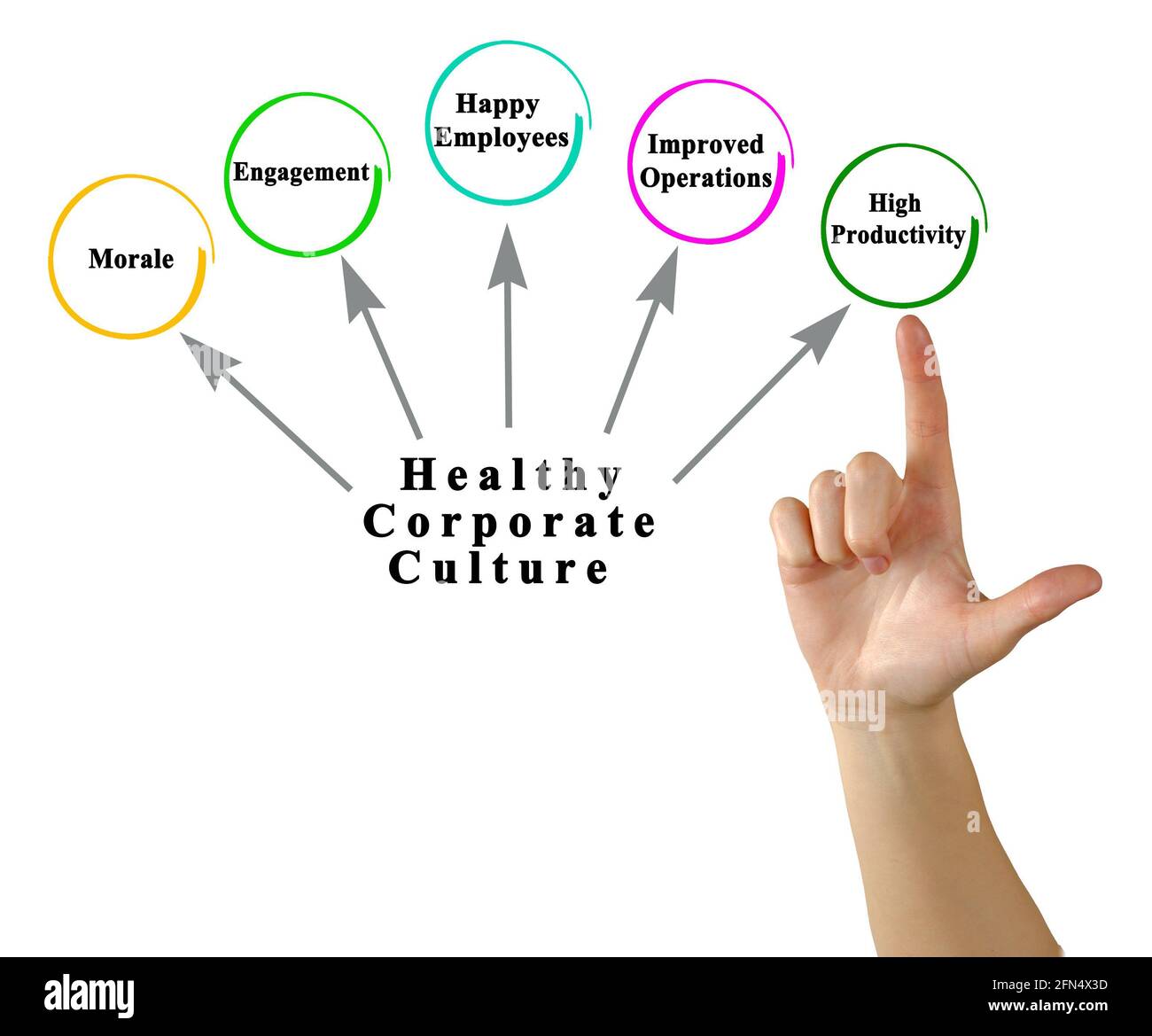Organizational Culture
In the business arena, over time organizations develop organizational cultures which are strong and are based on a broad array of beliefs of its members. This forms a culture, which is based on shared attitudes, beliefs, customs, and spoken and unspoken rules that develop over time. It gives way for the organizations to have norms, visions, systems, habits, and values as a whole. This culture also influences its members in many ways as they define and set ways to behave and act. It develops an indirect way of control and gives its members a sense of belonging and identification.
Organizational culture can be affected by its leaders, communication carried out between employees as well as the leaders, how the hierarchy is practiced and how tasks are distributed, and performance. It also helps improve the internal integration of its members and develops the mental frame for reasoning and responding to stimuli from the business environment. The values and assumptions determine organizational members' perception of time, nature of human activities, and horizontal as well as vertical relationships at the various levels within the organization.
Such cultures can be categorized into different types:
- Clan culture, based on the commonality of goals, beliefs, and visions
- Market culture, emphasizes the competition between market competitors as well as the competition between the organization's members.
- Adhocracy culture, promotes entrepreneurship, and risk-taking and focuses on developing the ability to adapt to changing conditions.
- Hierarchy culture distributes powers and responsibilities based on rank and has specific rules and processes for specific functions.




Comments
Post a Comment